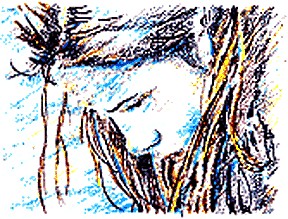
Experimentation in the Pursuit of Storytelling
Films
- Read More
 AnimationExperimental
AnimationExperimentalUtopia
Bradley A. Rappa16mm, color, sound, 5 minRental format: 16mm - Read More
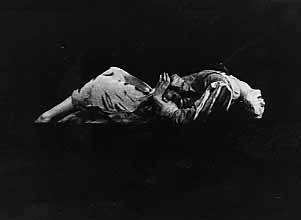 Experimental
ExperimentalKnucklebones: Self-Sustaining Members of the Human Species
Caroline Koebel16mm, black and white, sound, 13 minRental format: 16mm - Read More
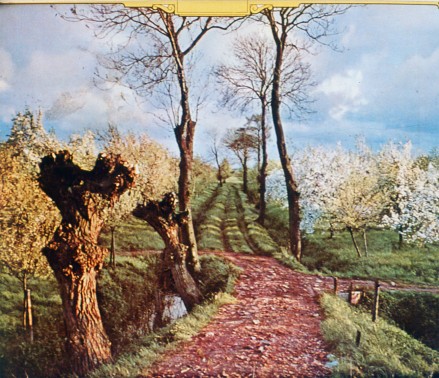 Experimental
ExperimentalAs It Was Revealed Unto Jeroen Eisinga
Jeroen Eisinga35mm 16mm, sound, 8 minRental formats: 16mm, 35mm - Read More
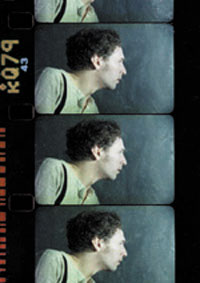 Narrative
NarrativeExcept My Soul…
Catalina Santamaria16mm, color, sound, 13.36 minRental formats: 16mm, Digital file - Read More
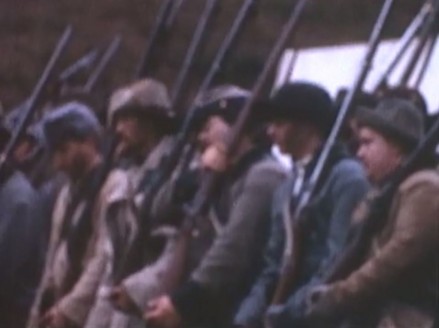
Across the Rappahannock
Brian Frye16mm, color, silent, 9 min
Description
On Saturday, April 27th, 2024, at 7pm, join us at the FMC Screening Room (475 Park Avenue South, 6th Floor) for five films from the Coop's collection fusing experimental and narrative storytelling methods, curated by Jeremiah M. Carter and Sarah Viviana Valdez!
Experimentation in the Pursuit of Storytelling is a series that began as a mutual curiosity between New York-based artists and Dear Austintown Production co-founders Jeremiah M. Carter and Sarah Viviana Valdez for the use of experimentation in narrative filmmaking in the ‘90s through the early 2000s.
“We see experimentation blending into the mainstream most overtly through the cinematography of many independent film figures such as Wong Kar Wai’s collaborator Christopher Doyle or Sławomir Idziak, who frequently worked with Krzysztof Kieślowski. Exalted today as masters of their craft, Doyle and Idziak, along with many others from this period (e.g. Khondji, Robby Muller, Jean-Yves Escoffier) would make fairly quick transitions from underground or independent film scenes to Hollywood grandeur.”
By exploring the Film-Makers’ Cooperative’s collection, Jeremiah and Sarah hope to reconcile this curiosity, and discover the lineage of a reciprocal exchange between independent or underground films and the mainstream.
The five short films in this program exhibit the aforementioned focus on camerawork of the ‘90s and early 2000s. However, Jeremiah and Sarah began to notice the cycling of influence between the sensibilities and approach of camera, sound, and performance for storytelling during this time. Not only was the camera utilizing experimentation to amplify the narrative of films, but sound, performance, and a vast number of other facets for filmmaking were too. Experimental filmmaking, always reliant on “concept” to explain itself, was beginning to develop a narrative outlet. Similarly, narrative filmmakers, once restricted to conventional plotting and an “intelligible image” were given the opportunity to tell their stories with a new set of tools, and trust in the audience’s engagement and imagination. This revelation influenced the selection from the Film Coop’s catalog, featuring short films by Jeroen Eisinga, Caroline Koebel, Brian Frye, Catalina Santamaria, and Bradley A. Rappa.
After the program, Jeremiah and Sarah will facilitate a conversation between the audience and some of the directors of the films that will be in attendance. Via the Coop’s archive, Jeremiah and Sarah are putting their own questions and curiosities on display to initiate a group discussion that is not only educational, but aims to illuminate the creative potential of archival work. The cinema of yesterday isn’t only a past to hold onto, but a well to drink from.